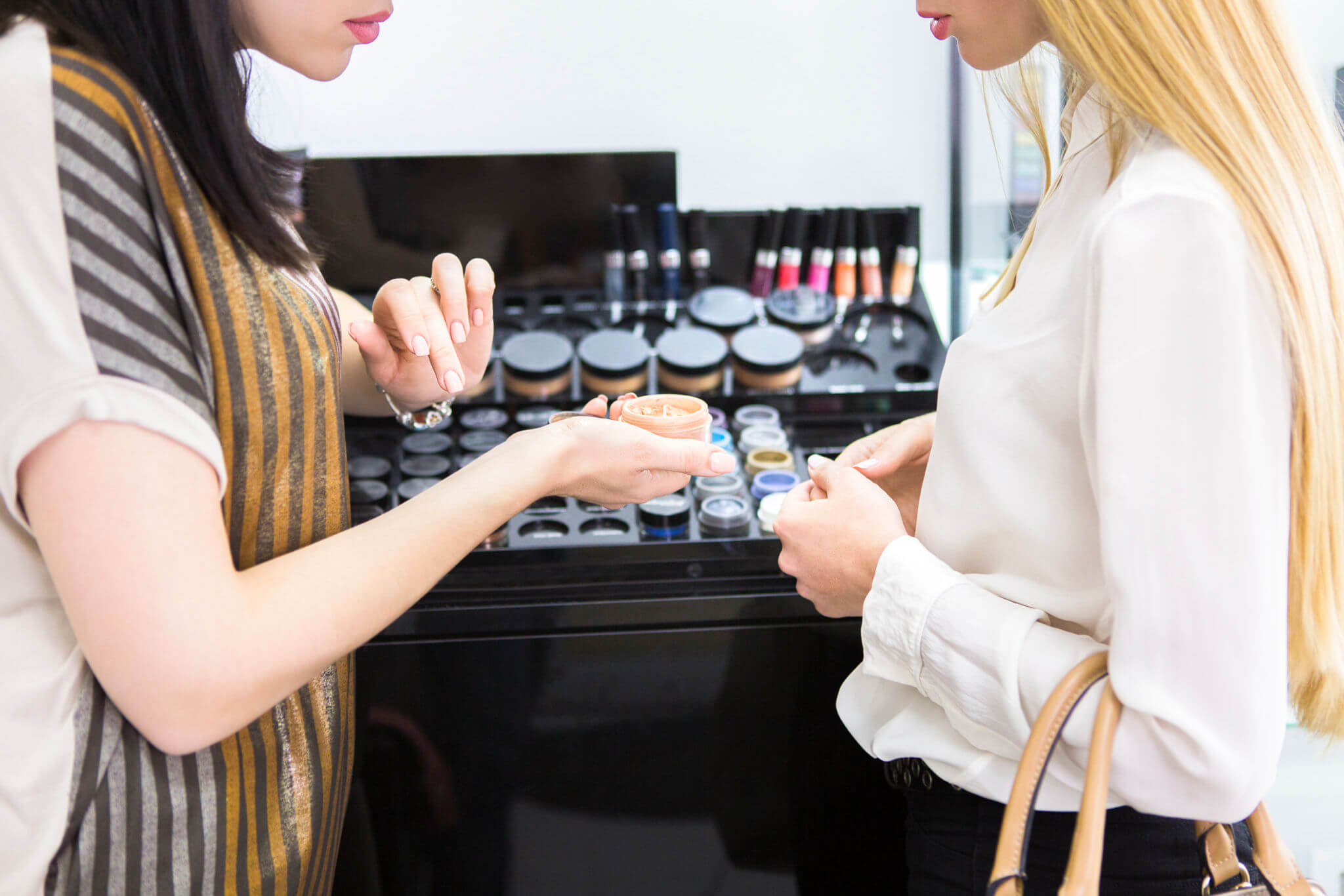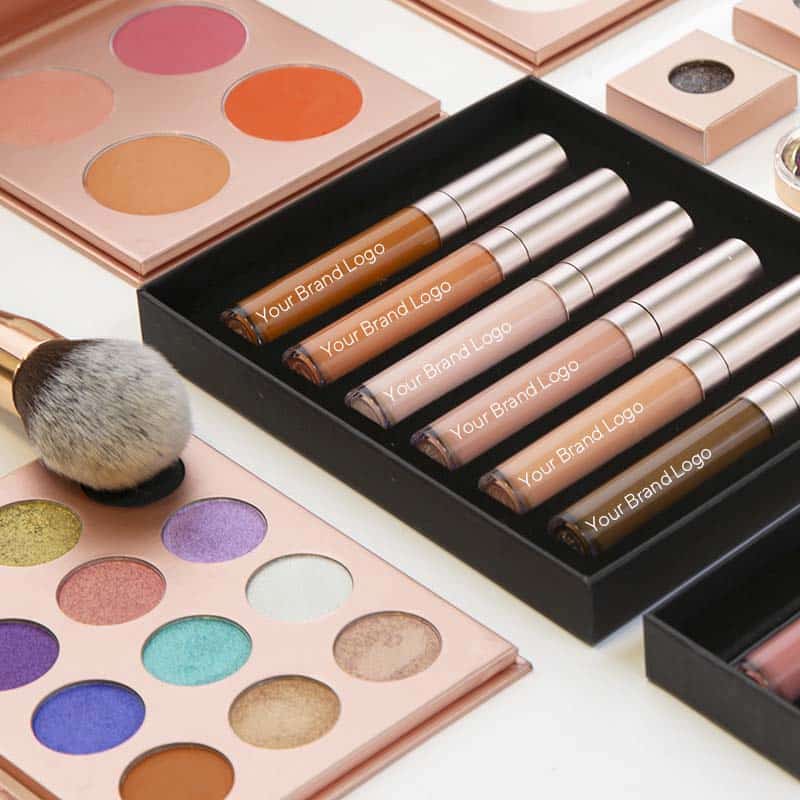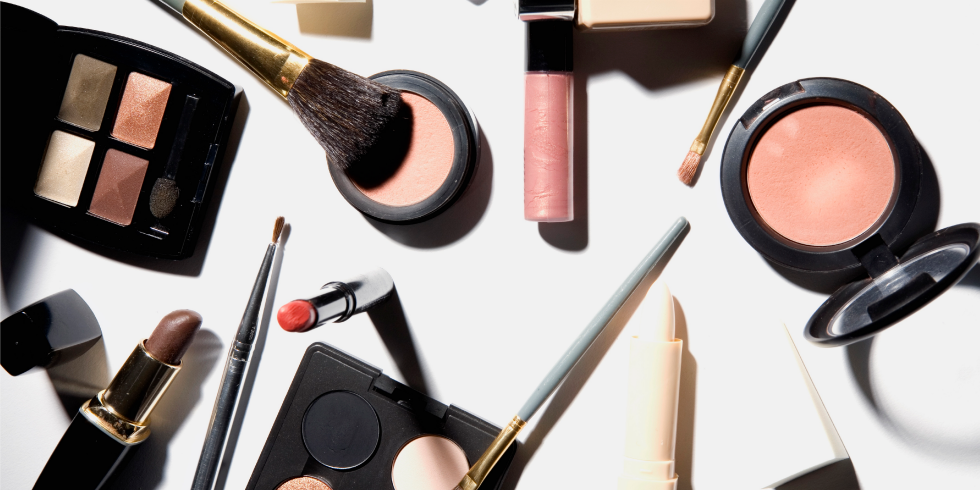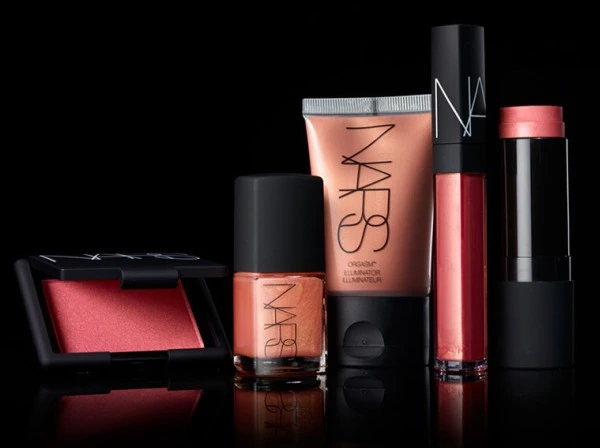Launching Your Makeup Empire: A Comprehensive Guide to Selling Makeup Brands from Home
Related Articles: Launching Your Makeup Empire: A Comprehensive Guide to Selling Makeup Brands from Home
Introduction
With enthusiasm, let’s navigate through the intriguing topic related to Launching Your Makeup Empire: A Comprehensive Guide to Selling Makeup Brands from Home. Let’s weave interesting information and offer fresh perspectives to the readers.
Table of Content
Launching Your Makeup Empire: A Comprehensive Guide to Selling Makeup Brands from Home

In today’s dynamic marketplace, entrepreneurship is flourishing, and the beauty industry offers a particularly enticing avenue. Selling makeup brands from home presents a unique opportunity to leverage passion for cosmetics into a successful business venture. This comprehensive guide explores the diverse landscape of makeup brands suitable for home-based sales, outlining the key considerations, benefits, and strategies for success.
Understanding the Makeup Market:
The global makeup market is a multi-billion dollar industry experiencing consistent growth. This growth is fueled by factors like increasing disposable income, rising consumer awareness of beauty products, and the influence of social media trends. This vibrant market offers diverse opportunities for entrepreneurs seeking to establish their presence in the beauty space.
Advantages of Selling Makeup Brands from Home:
- Flexibility and Control: Home-based businesses provide a high degree of flexibility, allowing entrepreneurs to set their own hours and work at their own pace. This control extends to product selection, pricing, and marketing strategies.
- Lower Startup Costs: Compared to brick-and-mortar stores, home-based businesses require significantly lower initial investments, making them accessible to a wider range of entrepreneurs.
- Targeted Audience: Home-based businesses can leverage their understanding of local communities to target specific demographics, fostering a stronger connection with customers.
- Direct Customer Interaction: Selling makeup brands from home allows for direct interaction with customers, providing valuable insights into their needs and preferences, facilitating personalized service, and building strong relationships.
Choosing the Right Makeup Brands:
The success of a home-based makeup business hinges on selecting brands that align with the entrepreneur’s vision, target audience, and market demand. Factors to consider include:
- Product Quality and Reputation: Prioritize brands known for their high-quality ingredients, innovative formulas, and positive customer feedback.
- Brand Values and Ethics: Choose brands that resonate with your personal values, whether it’s cruelty-free practices, sustainable sourcing, or ethical manufacturing.
- Price Point and Profit Margin: Consider the target market’s price sensitivity and ensure that the chosen brands offer a profitable margin.
- Marketing and Support: Evaluate the brand’s marketing resources, including promotional materials, online presence, and support for independent sellers.
Popular Makeup Brands for Home-Based Sales:
1. High-End Luxury Brands:
- Estee Lauder: This iconic brand offers a wide range of skincare, makeup, and fragrance products, known for their luxurious formulas and sophisticated packaging.
- Dior: Renowned for its elegant makeup and fragrances, Dior caters to a discerning clientele seeking premium quality and timeless style.
- Chanel: Chanel embodies luxury and sophistication, offering iconic makeup products like its Rouge Allure lipstick and Les Beiges foundation.
2. Mid-Range Brands:
- MAC Cosmetics: A global leader in professional makeup, MAC offers a vast range of products suitable for various skin tones and styles.
- NARS Cosmetics: Known for its bold colors, innovative textures, and cult-favorite products like the Orgasm blush, NARS appeals to a trendy and fashion-forward audience.
- Urban Decay: This brand is popular for its edgy and experimental approach to makeup, offering vibrant eyeshadow palettes, long-lasting eyeliner, and innovative foundation formulas.
3. Affordable Brands:
- Maybelline: A reliable and affordable option, Maybelline offers a wide range of makeup products, from mascara and eyeliner to foundation and lipstick.
- L’Oreal Paris: L’Oreal offers a diverse range of makeup products, including drugstore favorites like the Voluminous mascara and Infallible foundation.
- NYX Professional Makeup: This brand caters to a budget-conscious audience, offering high-quality makeup products at affordable prices.
4. Niche and Indie Brands:
- Kylie Cosmetics: Founded by Kylie Jenner, this brand gained popularity for its bold lip kits and expanded to include a diverse range of makeup products.
- Fenty Beauty: Rihanna’s inclusive beauty brand offers a wide range of foundations and products designed to cater to diverse skin tones and types.
- Milk Makeup: This brand focuses on clean and vegan beauty, offering high-quality makeup products with natural ingredients.
5. Direct-to-Consumer Brands:
- Glossier: This brand focuses on minimalist and skincare-inspired makeup, known for its dewy finish and natural look.
- Rare Beauty: Selena Gomez’s brand emphasizes inclusivity and mental health awareness, offering a range of products designed to enhance natural beauty.
- Tower 28 Beauty: This brand prioritizes clean and sustainable beauty practices, offering a range of makeup products with natural ingredients.
Legal and Regulatory Considerations:
- Business License and Permits: Obtain the necessary business licenses and permits to operate legally in your area.
- Sales Tax: Register for a sales tax license and comply with local regulations regarding tax collection and reporting.
- Product Safety and Compliance: Ensure that the makeup products you sell meet safety standards and comply with regulatory requirements.
Marketing and Sales Strategies:
- Social Media Marketing: Leverage platforms like Instagram, TikTok, and Facebook to showcase products, engage with customers, and build brand awareness.
- Content Marketing: Create informative blog posts, videos, and tutorials to educate customers about products and build trust.
- Email Marketing: Build an email list to nurture relationships with customers and promote new products and offers.
- Online Marketplaces: List products on platforms like Etsy, Amazon Handmade, and Shopify to expand your reach and attract new customers.
- Local Events and Pop-Ups: Participate in local events and pop-up shops to connect with potential customers and showcase your products in person.
FAQs:
- Q: What are the startup costs for selling makeup brands from home?
A: Startup costs can vary depending on the chosen brands, inventory size, and marketing efforts. However, home-based businesses typically require a lower initial investment than brick-and-mortar stores. Costs may include:
* **Inventory:** Purchase initial stock of makeup products.
* **Website or Online Store:** Create an online presence to showcase products and facilitate sales.
* **Marketing Materials:** Invest in promotional materials, such as flyers, brochures, or business cards.
* **Packaging and Shipping Supplies:** Purchase boxes, bags, and other supplies for packaging and shipping orders.
* **Software and Tools:** Utilize accounting software, CRM tools, and other digital resources to manage your business.- Q: How can I ensure the safety and quality of the makeup products I sell?
A: Prioritize choosing brands known for their high-quality ingredients, strict manufacturing processes, and positive customer feedback. Research the brands thoroughly, read reviews, and look for certifications like cruelty-free or organic.
- Q: What are the tax implications of selling makeup brands from home?
A: Consult with a tax professional to understand the specific tax obligations for your business. You may need to register for a sales tax license, collect sales tax from customers, and file tax returns.
- Q: How can I build a strong online presence for my home-based makeup business?
A: Create a professional website or online store to showcase products, share information about your business, and facilitate online sales. Utilize social media platforms like Instagram and TikTok to engage with customers, share content, and build brand awareness.
- Q: What are the benefits of selling niche or indie makeup brands?
A: Niche and indie brands often offer unique products, innovative formulas, and a strong focus on ethical practices. Selling these brands can attract a dedicated customer base seeking distinctive and high-quality products.
Tips for Success:
- Passion and Knowledge: Cultivate a genuine passion for makeup and stay informed about industry trends, new product launches, and customer preferences.
- Excellent Customer Service: Provide personalized service, respond promptly to inquiries, and address customer concerns with professionalism and empathy.
- Strong Marketing and Branding: Develop a clear brand identity, create engaging content, and utilize social media effectively to reach your target audience.
- Financial Management: Track income and expenses, manage inventory effectively, and invest in business growth strategically.
- Continuous Learning: Stay updated on industry regulations, best practices, and emerging trends to maintain a competitive edge.
Conclusion:
Selling makeup brands from home presents a rewarding entrepreneurial opportunity for individuals passionate about beauty and cosmetics. By carefully selecting brands, understanding legal requirements, implementing effective marketing strategies, and providing exceptional customer service, entrepreneurs can build a successful and sustainable business within this dynamic and ever-evolving industry. The key to success lies in passion, dedication, and a commitment to delivering high-quality products and exceptional customer experiences.








Closure
Thus, we hope this article has provided valuable insights into Launching Your Makeup Empire: A Comprehensive Guide to Selling Makeup Brands from Home. We hope you find this article informative and beneficial. See you in our next article!